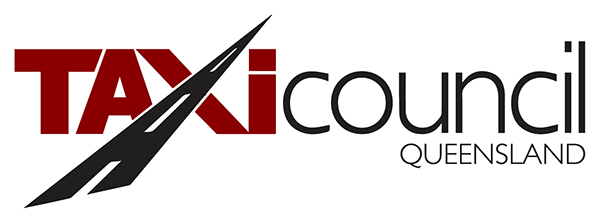Media release
28 November 2018
The Taxi Council of Queensland (TCQ) has cautiously welcomed law firm Maurice Blackburn’s decision to extend its proposed class action against Uber to include Queensland taxi and limousine industry stakeholders, announced today (Wednesday 26 November).
Originally only proposing to file a statement of claim against Uber on behalf of industry members in Victoria, Maurice Blackburn is now proposing to extend its class action to include Queensland, New South Wales, and Western Australia. The legal firm intends to argue that Uber engaged in a conspiracy that caused harm to taxi licence owners and operators by unlawful means, and is seeking to recover damages and loss of earnings which it estimates could run into the hundreds of millions of dollars.
Today’s announcement by Maurice Blackburn means that Sunshine State taxi industry members may now join the mooted class action.
While acknowledging that Uber should be held to account for the damage that it has done to Queensland taxi licence owners, operators and drivers, TCQ has stopped short of advising its members to join the class action at this stage.
TCQ CEO, Blair Davies, urged members to exercise caution and take their time to fully consider all elements of the class action before deciding whether to join it or not.
“The Maurice Blackburn class action has been promoted as an initiative for our industry. On that basis, TCQ has been keen to assist the law firm prepare its case and we have provided lots of information about the unlawfulness of Uber’s ride-sourcing services in Queensland between April 2014 and September 2016, and the damage and hardship those operations caused to ordinary mum and dad Queenslanders running taxi businesses.”
“However, while TCQ has been assisting Maurice Blackburn for more than 10 months it remains unclear to us as to who, if anybody, in the industry is giving them instructions regarding the conduct of the class action. This is important for our members in Queensland because their case appears to be materially stronger than their counterparts in other States, especially Victoria. It would be a disaster for Queensland taxi and limousine licence owners and operators if they lost their ability to sue Uber as a result of joining a class action that floundered or was distracted by prioritisation of factually different circumstances in another State.”
This class action case being brought by Maurice Blackburn has the support of UK-based litigation funder, Harbour Litigation. The involvement of a well-resourced and experienced litigation funder means that members of the class action will not need to meet any legal costs out of their own pockets, including any award of costs if the class action is unsuccessful. However, it also means that any settlement will see a very sizeable amount going to Maurice Blackburn and Harbour Litigation.
“TCQ is aware that class actions in Australia have not always delivered outcomes in line with their beneficiaries’ expectations. We understand that Maurice Blackburn has a better history than some of its counterparts in that regard, however we would welcome more assurances being provided to taxi licence owners and operators about what minimum share of a successful settlement will ultimately remain to be distributed to them.”
Taxi and limousine licence owners, operators and drivers in Queensland will have six months to register to join the class action. The class action is expected to run for two to three years before it gets to a settlement one way or the other.
“Today’s announcement by Maurice Blackburn gives Queensland taxi licence owners and operators an opportunity that wasn’t available yesterday. On that score, it’s a positive development. However, our advice to members would be to take the time to weigh up their options carefully before committing to join this class action. When something sounds too good to be true, it always pays to do some research to prove whether that may be the case, or not.”
End
